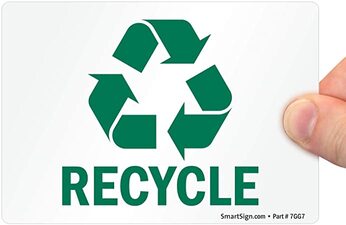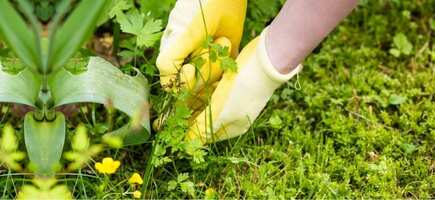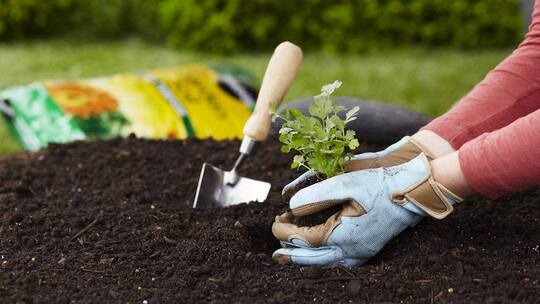Tips on Recycling
- No bags: Grocery bags can dissolve into potentially harmful microplastics which are a risk of entanglement and ingestion for animals in the wild. It may seem like these bags are recyclable and can be dropped into your own curbside
bin, but these are a special case and must be brought to a special drop-off area.
- Combined materials are trash: Combined materials are trash and don’t belong in the recycling bin!
- Follow recycling instructions closely: It’s important to know the rules of recycling to avoid placing the wrong materials in the wrong bin. There are resources that can inform others on how to recycle best.
- What not to put in the recycling bin: What’s not allowed in the recycling bin are food, liquids, straws, plastic cups, and plastic dishware. It’s best to compost all food waste and food-soiled paper when possible. If you would like
to recycle your food, there are compost bins in your neighborhood that go to a composting or energy generating plant.
Tips on Gardening
Eco-friendly gardens: 7 ways you can help protect the environment with self-sustaining gardening habits
- Conserving water: It’s important to be conscious of our water supply when working in gardens. Limiting our water usage when treating plants can help cut back on waste. Since water is a crucial part of our lives, we must learn how to
be responsible with protecting and purifying our water from pollution.
- Recycling plastic bottles: Recycling is a process that is made up of the three R’s: Reduce, Reuse, Recycle. Recycling plastic bottles can help manage waste on our planet and reduces the amount of plastic that goes into landfills. Since
plastic is hard to break down and can last for centuries, it accumulates a ton of space at these landfills and harms the environment drastically.
- Choosing the Right Plants: Making a conscious and intentional effort in choosing plants is best for protecting the ecosystem of your garden in the long-term.
- Attract the Right Bugs: When choosing the right plants for your garden, doing so can help attract the bugs that are most effective in protecting your plants. These bugs can warn other creatures to avoid your garden and further protect
the state of your plants.
- Composting: Creating and using your own compost can help sustain your garden in the most natural and eco-friendly way.
- Companion Planting: Companion planting is a great way of maximizing the space and efficiency of your garden’s ecosystem. By choosing plants that are beneficial to other plants, this provides a balanced relationship in your garden that
can lead to increased nutrients in the soil or prevent invasive pents.
- Fertilizers and Herbicides: It’s highly recommended to use fertilizers and herbicides to increase plant growth in your garden. Using fertilizers can provide plant nutrients such as nitrogen, phosphorus, and potassium to the soil that
help plants grow and be healthy. Doing this also maintains the soil’s fertility, so this can help maintain and continue plant growth. With herbicides, these can help remove unwanted and invasive plants that enter your garden. Using
a selective herbicide that only removes the unwanted plant, while protecting yours is most recommended. However, there are nonselective herbicides that can be used if you would like to remove all plants in the area and clear ground
waste.

Gives a basic understanding of how recycling helps us.

Information about how we can fix the recycling system.

Information about how recycling has changed each state.

Tips for controlling weed in your Garden.

Easy tips for Gardening

Benefits of putting compost in Gardens

How to manage your Garden

Basic tips for starting your Garden